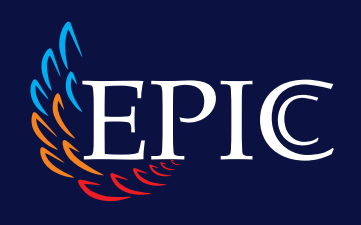A hospital-initiated program in Missouri connects patients with peer recovery services and opioid use disorder treatment
A continuing challenge in the opioid crisis is to quickly connect those suffering from opioid use disorder (OUD) with treatment and recovery services at the time of an acute medical episode - a so-called "warm hand off." Run by peer recovery specialists, the hospital-initiated Engaging Patients in Care Coordination (EPICC) program engages emergency room patients presenting with OUD with multiple agencies to help ensure continuity of contact with community resources. EPICC is a "care cascade" model of intervention in which participants are guided through successive stages of treatment and recovery, including initiation of medication for opioid use disorder (MOUD), meetings with peers in recovery, access to harm reduction resources, and access to counseling and psychosocial services. After an addiction medicine consultation, eligible patients are assigned a recovery coach who initiates contact, assists in finding out-patient OUD treatment, provides a naloxone kit, and remains available for recovery support, An evaluation found that program participants were significantly less likely to be readmitted to hospital than a control group of non-participants.
Since its inception in 2016, EPICC has expanded to four locations across Missouri and as of February 2022 had served over 13,000 participants and involved over 80 agencies in its programming. In response to the COVID-19 epidemic, EPICC has developed telehealth and other outpatient treatment options including virtual case management and waiving requirements for in-person visits prior to receiving prescriptions for buprenorphine. The program is described in a news story here and a 2020 status report is available here.
Collaboration across multiple agencies, coordinated by a recovery coach, increases access to treatment and helps sustain recovery.









